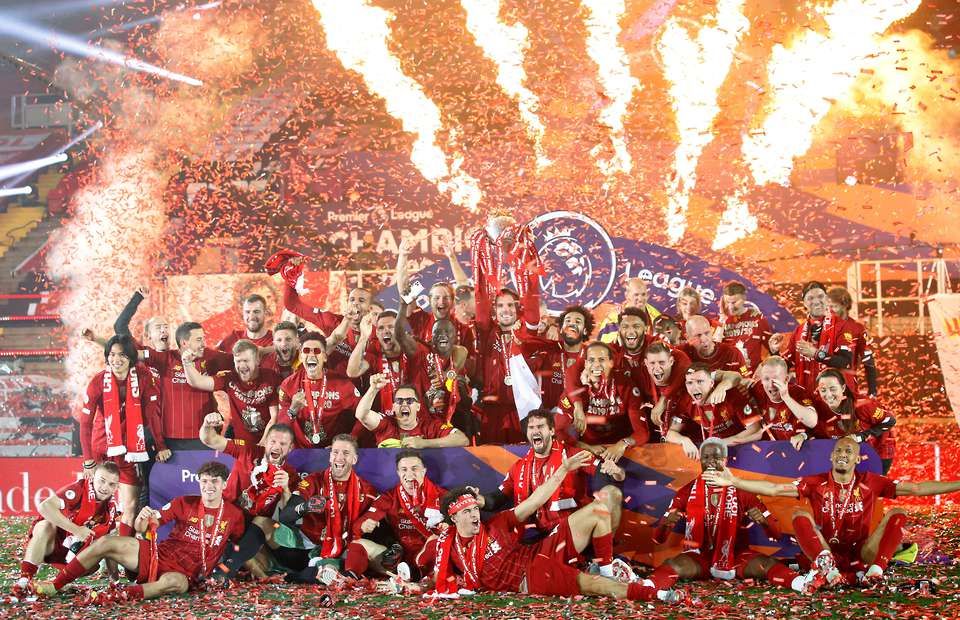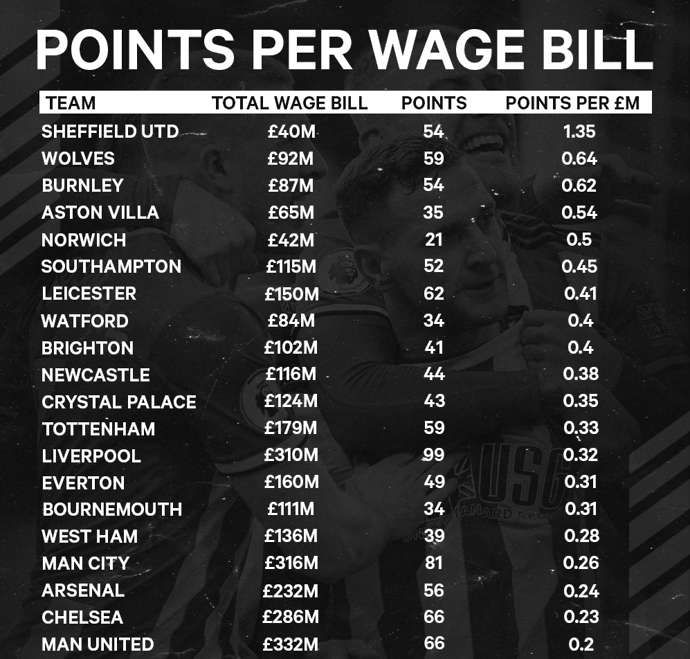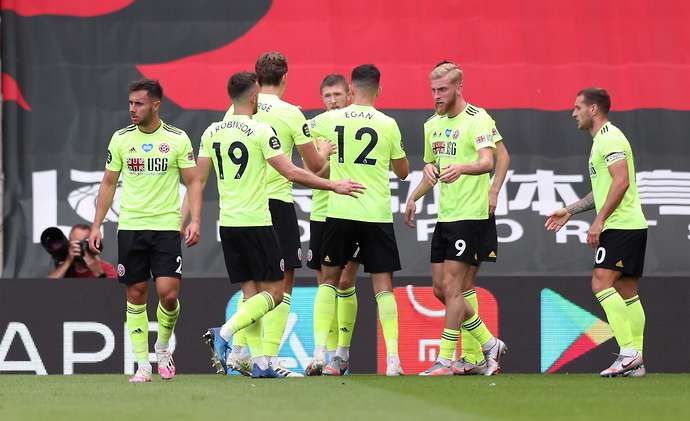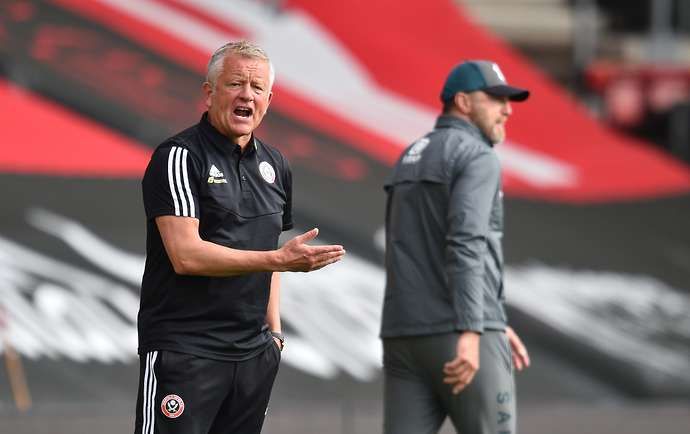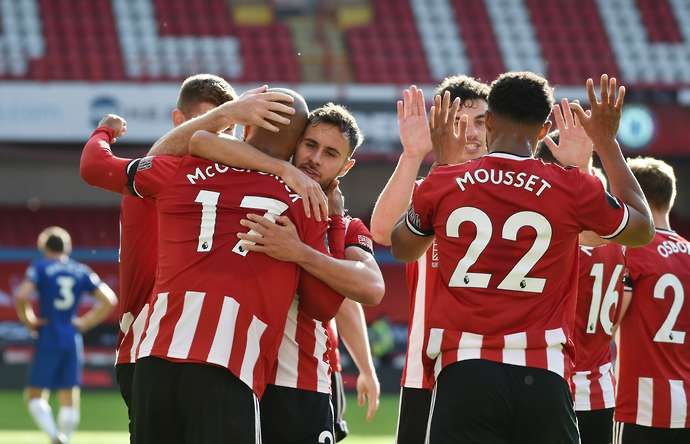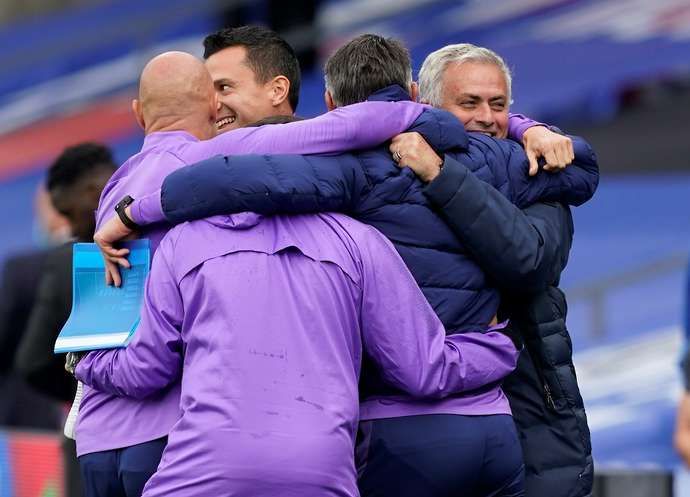The unprecedented 2019/20 Premier League season is finally over and what a campaign we’ve experienced.
Liverpool strolled to their first ever PL title, Chelsea and Manchester United qualified for the Champions League, Sheffield United enjoyed an incredible season while Bournemouth, Watford and Norwich were relegated.
But what if we were to tell you that Sheffield United actually finished top, while Man Utd finished bottom?
Well, they did in The Athletic’s ‘value for money’ table.
They’ve worked out how many points each side won per £m they spent in wages.
Using the most recent sets of each club’s accounts at Companies House, they worked out how much each club’s total wage bill is. That includes salaries paid to their very best players to their match-day stewards - and everyone in between.
Check out how the ‘value for money’ table looks:
So, Chris Wilder’s side are the champions of the Premier League...kind of.
But how have they done it?
Well data analyst for Sheffield United, Jay Socik, reveals all.
“The fact it’s last year’s accounts will play a huge part, as we extended quite a few contracts and then spent around £40 million on transfers, which will raise the wage bill, so I expect the actual figure to be closer to the mean but still top of the table,” says Socik.
“But in terms of how we’ve actually done it? Chris Wilder. There really isn’t a much clearer answer. His career has been a display of getting more success than richer counterparts.
“It helps us that Chris has a say in all matters of the club — no one is telling him he has to have players he doesn’t want, he’s involved in the wage discussions and new contracts — it’s literally his squad, his dressing room.
“We’ve also had a defined way of playing now for nearly four years, so the majority of this squad have huge experience and the cohesiveness is insane. Because of this dressing-room culture and the very defined tactical responsibilities, we have players on lower Championship wages able to perform to a top-10 Premier League standard.”
David Webb, who has worked for Bournemouth, Crystal Palace, Millwall, Southampton and Tottenham Hotspur in coaching and scouting roles, and was also head of football operations at Huddersfield Town, agreed with Socik
“Sheffield United have done a phenomenal job,” Webb added. “You can tell they’ve been together as a group for a while and I don’t think they’ve spent too much time worrying about what they’ve been earning.”
“Spurs were quite bonus-heavy when I was there, as we were competing for top-class players but didn’t want to break the wage structure.
“Bonuses were a way around that and it’s becoming common now. They are usually team-based goals, although you might do individual targets for players based on minutes or games.
"Paying more in incentives is better psychologically, as it keeps the players hungry, and it’s good for the dressing room, because everyone is contributing. So it could be winning the title, gaining promotion or qualifying for Europe. At Huddersfield, the players were on bonuses per point.”



















